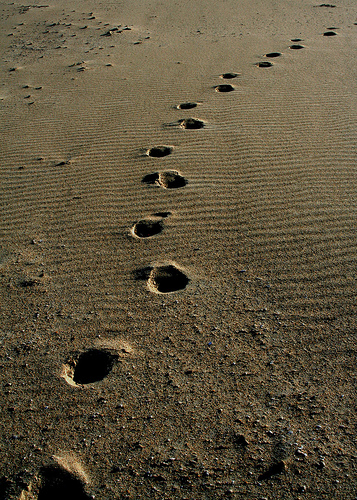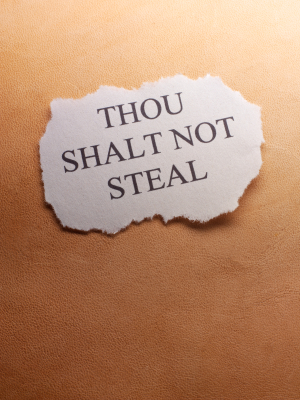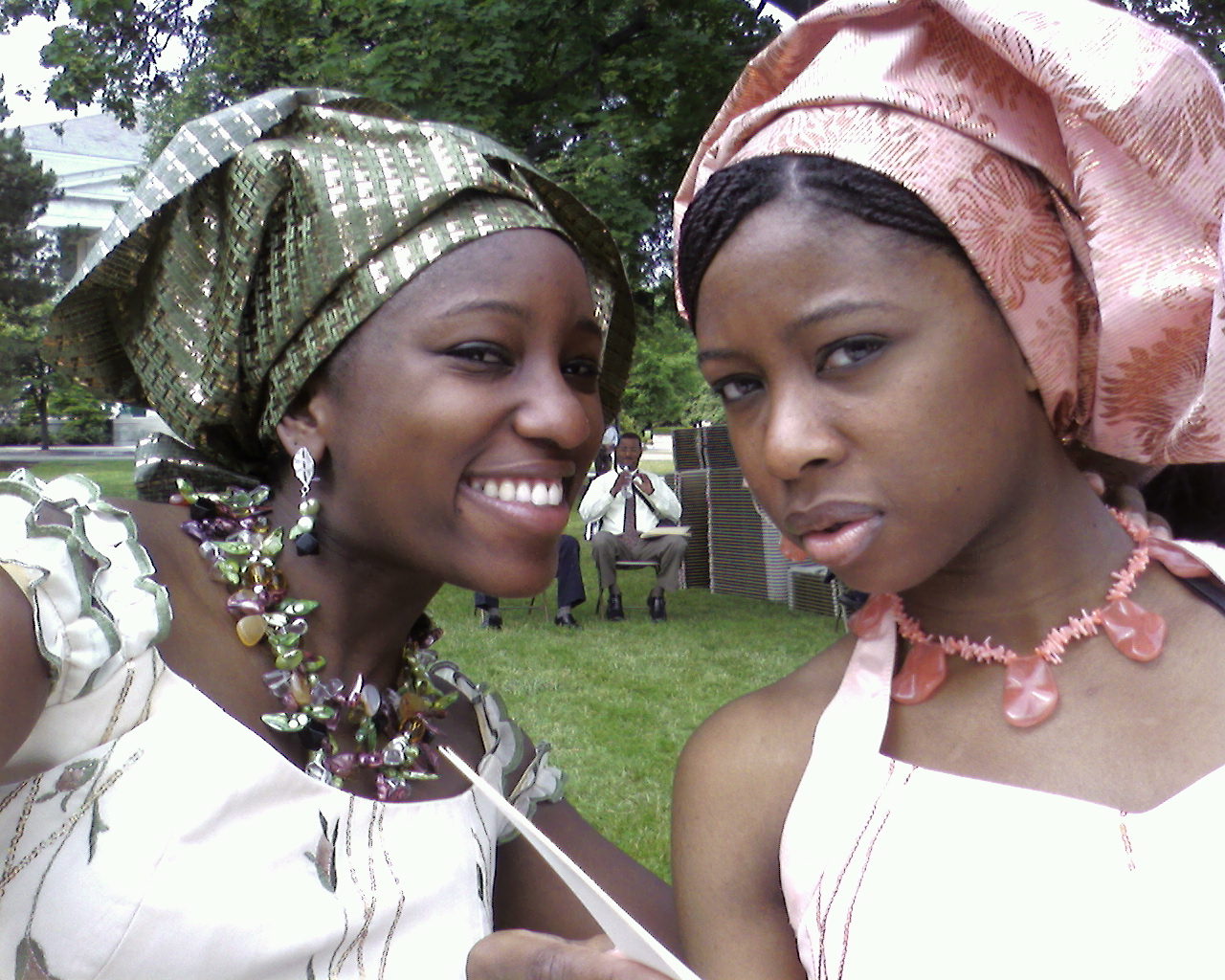I can't describe how powerful and affirming the experience of looking through pages and pages of words has been; from stream of consciousness prose to pensive morning reflections, from photo-poetry to snippets and chapters from upcoming book projects, I really am blown away by how far I've walked, mentally and…
-
-
A Letter To My Plagiarist
As National Poetry Month draws to a close, I thought it only appropriate to post this response to the plagiarist who thought they could get away with stealing my words.
-
African Feminism - Afrofeminism - Blog - Gender and LGBT Issues - Interviews - LGBT Africa - New Media - Special Series
Kitchen Table Conversations: LGBT African Diaspora Speak on Culture, Queerness, and Media
In partnership with Women, Action, and the Media (WAM!), I’m hosting a virtual panel that features the perspectives of LGBTQ African Diaspora on African culture, queer identity, and the media. The focus of the panel will in part be driven by pre-submitted questions from listeners, but will also aim to highlight the…
-
NEW PROJECT: Interview Series Featuring LGBT Human Rights Leaders around the World
The founder of QWOC+ Boston (Spectra, www.spectraspeaks.com) is interested in interviewing LGBT POC leaders in the US and Human Rights Activists around the world as part of a new project to share leadership stories and best practices. The project launches in February, and in solidarity with Black History Month, will…
-
Reflections of a Straight Girl: What Does It Mean to Be an Ally?
My sister Zara, wrote this recently for me (it is also posted on her blog @ ZaraChiron.com). If you have siblings, parents, family members etc, that haven't yet come around, I hope you find inspiration in this piece, to be patient (and brave) enough to remain open to their own…
Online rulet oyunları gerçek zamanlı oynanır ve online slot casino bu deneyimi canlı yayınlarla destekler.
İnternet üzerinden eğlence bahsegel giriş arayanlar için deneyimi vazgeçilmezdir.
Kullanıcıların hesaplarına hızlı ve sorunsuz bettilt ulaşabilmesi için adresi her zaman güncel tutuluyor.



